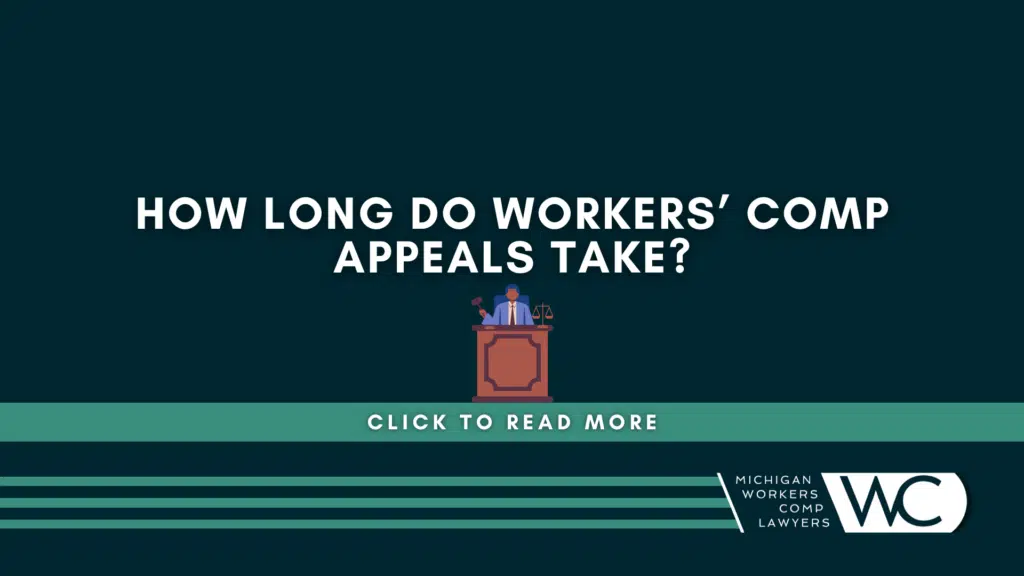
Michigan work injury lawyer explains how to maximize a workers’ comp settlement and to ensure the injured worker gets all the money they are entitled to receive.
Employees who are hurt on-the-job are protected under Michigan law regardless of their fault. It covers all medical treatment without any copayments or deductibles being owed. It also pays for lost wages equivalent to 80% of an employee’s after-tax average weekly wage. But how do I maximize my workers’ comp settlement if I want to go on my own?
About a lump sum cash payment
Insurance benefits from a work injury can be traded for a lump sum cash payment. This is called a “redemption” and it must be approved by a magistrate. In order to maximize your workers’ comp settlement we recommend hiring a lawyer who can develop the medical and vocational evidence, so the insurance carrier understands the value of a person’s work injury claim.
The average settlement in 2020 was only $59,235.42. Most people are shocked to learn this fact because it does not seem like much money. This is especially true for someone who needs lifetime medical treatment and work restrictions. Many of our clients get more than average when the evidence supports ongoing medical care and work restrictions.
Insurance companies pay settlements based upon their future exposure. To maximize a workers’ comp settlement it is critical to have a plan showing what medical treatment will be needed in the future and how long you will be disabled from working. Here are some tips for developing medical and vocational evidence in a case.
Medical evidence used to maximize a workers’ comp settlement
Medical evidence can be used to maximize a workers comp settlement. Many of the individuals we represent have their work injury benefits disputed. This means the insurance company won’t pay for additional medical treatment. We tell our clients to use their health insurance to see a doctor. This can serve as proof that additional medical treatment is needed and will help increase the settlement value. It also ensures that medical treatment continues so a person can get better faster. It is critical to have a doctor who supports continuing disability by giving work restrictions.
Vocational evidence
Michigan workman’s comp law underwent dramatic changes in 2011. Insurance companies are now permitted to use post-injury wage earning capacity (PIWEC) to say an employee is only “partially disabled.” Insurance companies hire so-called “vocational experts” to prepare labor market surveys. This often results in a reduction of the weekly comp rate based upon jobs that might not even exist. The amount an insurance company must pay in wage loss benefits impacts how much it will pay for a settlement.
In order to maximize a workers’ comp settlement when the weekly compensation rate has been artificially reduced is to always challenge biased vocational opinions in court. Make sure to do a good-faith job search so proof exists that nobody will hire you.
Injured while on the job in Michigan? Contact our lawyers for a free consultation
To speak with an experienced attorney about your work injury claim in Michigan, call us now, or fill out our contact form for a free consultation. There is absolutely no cost or obligation. We’re here for you.
Our attorneys have been exclusively helping injured workers in Michigan for more than 35 years and can help you or a loved one better understand Michigan workman’s comp laws and advice on what to do after a workplace accident. To see what our own clients have to say about the caring, compassion, and communication they received from us, you can read in their own words about their experience here on our testimonials page from clients we have helped.
Michigan Workers Comp Lawyers never charges a fee to evaluate a potential case. Our law firm has represented injured and disabled workers exclusively for more than 35 years. Call (844) 316-8033 for a free consultation today.
Related information:
IME Disagrees With My Doctor: Here Is What To Know


